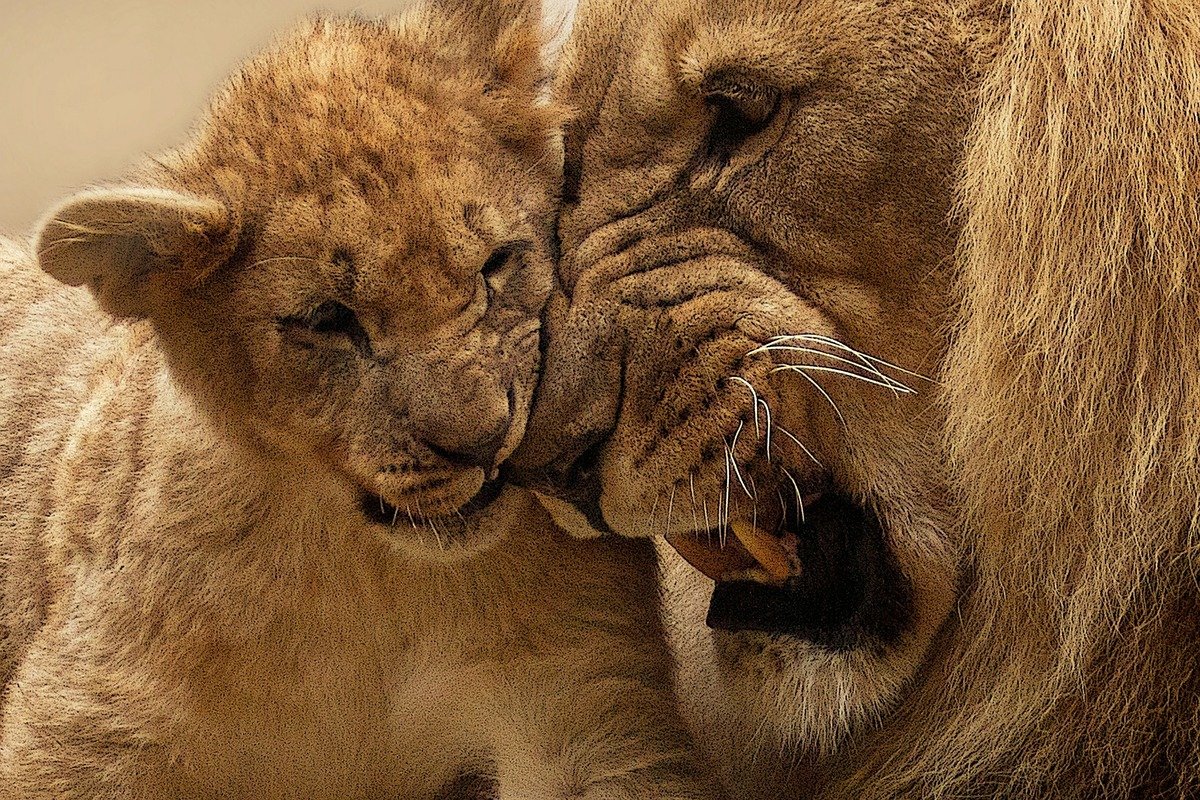Is it Possible to Gamify Wildlife Conservation?

[Image Source: Pixabay.com, licensed under CC0, Public Domain]
Last July, the Internet blew up when a hunter killed a charismatic and seemingly popular lion in Zimbabwe named Cecil. I didn't participate much in the dust-up (and I don't particularly want to reopen it here), but I spent a lot of time in reflection. In this scenario, two of my beliefs came into conflict with each other. On one hand, I have no interest in hunting. Except when it's to put food on the table, I don't understand what motivates people to do it. Unless it comes down to a choice between a person and an animal, I think people should protect wildlife, not destroy it. On the other hand, though, I am almost always against using the government's guns to impose my own preferences on someone else, moreso when the events in question are half-way around the world.
So I began to wonder if there was a way to resolve this deadlock and bring these two beliefs into harmony, and I concluded that there needs to be a conservation method that sets up the right incentives and then works entirely through voluntary participation. It was around that time that I learned about the Property and Environment Research Center PERC, and was thrilled to find that there are people who call themselves free market environmentalists. This seemed to be on the right track.
I spent a little time looking through their web site, though, and found that several of their plans depend on harming some animals in order to preserve others. It's better than losing a whole species, and it's better than forcibly imposing my will on others, but not exactly what I was looking for. Some of their other programs relied on philanthropy, which might dry up at any time. It was a start, but I wasn't satisfied. I may have overlooked something, but in the end I did not find what I was looking for, so I kept thinking.

[Image Source: Pixabay.com, licensed under CC0, Public Domain]
I wanted "the Holy Grail" - a solution with incentives so that once it's set up, it just works and no one has to go around asking for money every year.
What I eventually came up with was an idea for a game that uses financial incentives to encourage a property owner to protect the wildlife on his own property, and encourages customers to reward the property owner - a way to provide something like a safari, but without the killing. It would be sort of like a combination of Airbnb, Project Noah, and Pokémon Go. Time is at a premium, so I never really worked out the details, but I do think it could probably be done.
Aside from the wildlife, there would basically be three stakeholder groups, the property owners, the app providers, and the players - who, as tourists, would bring revenue to the property owner. The application would enable property owners to register their locations, and to accept registrations from tourists. Once registered, the property owners could take photographs of the wildlife on their properties and submit the photos into a database, where the app provider would offer a bounty to the first photographer to submit a picture of the exact same animal. The players would then book a vacation on the property owner's site, and spend their trip photographing the wildlife. They could also submit their photos into the app, which would draw more users.
From start to finish, it would have looked something like this:
- Application Provider
- Provide application and database for use by property owners and tourists.
- Provide bounty for matching photographs (part to property owner, part to tourists).
- Provide AI image recognition to determine when target animals are matched.
- Facilitate lodging reservations between guests (tourists) and property owners.
- Sell or otherwise monetize the image database.
- Property Owner
- Register your property for tourism.
- Submit photos of "target" animals.
- Accept reservations and provide lodgings for tourists who are seeking the bounties.
- Tourist
- Pay for lodgings.
- Go "photograph hunting."
- Do other touristy things.
- Collect a bounty if you get a photograph of the target animal.
- Submit other photographs to the site for sale or display.
Obviously, I still haven't thought it all the way through, but it's a start. What do you think? Is it possible to protect wildlife peacefully and voluntarily, without threats of fines and imprisonment? Bonus question: Could the incentive system that's built into the steem blockchain help to accomplish this goal?
@remlaps is an Information Technology professional with three decades of business experience working with telecommunications and computing technologies. He has a bachelor's degree in mathematics, a master's degree in computer science, and is currently completing a doctoral degree in information technology.
